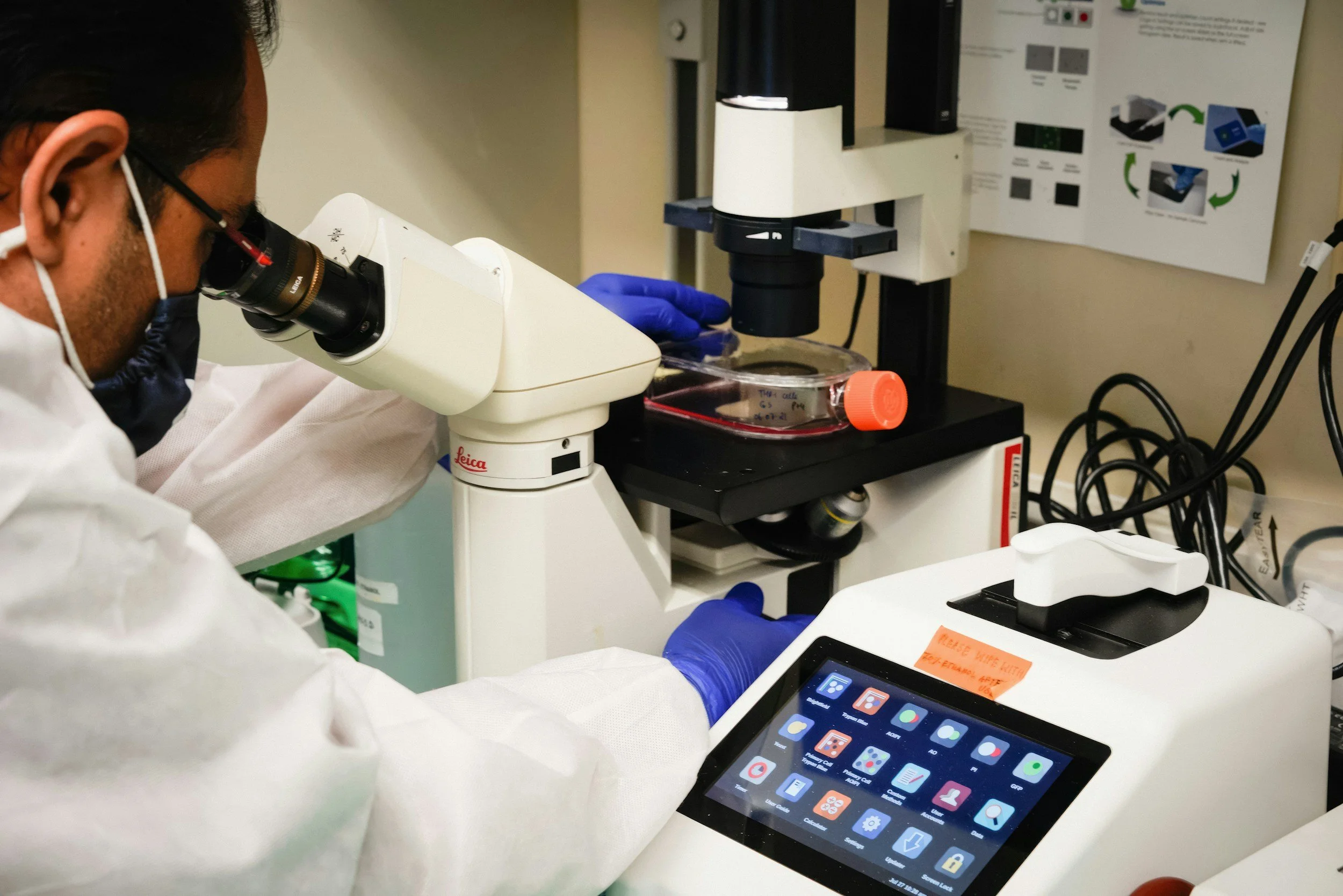The UCSF COL4A1/2 Natural History Study
Dr. Vassar’s study is a natural history study, which means that they identify individuals with COL4A1 or COL4A2 variants and follow their medical history over time through standardized data extraction from medical records. The goal of their natural history study is to better understand the spectrum of multi-organ involvement in Gould Syndrome and evolution of symptoms over a 10-year period. Natural history studies are a critical step prior to development of any treatment for a disease, and they are working towards clinical trial readiness in Gould Syndrome.
View the webinar from june 24, 2025
FAQs
Is this study Prospective or Retrospective?
The UCSF COl4A1/2 study is both retrospective (looking back at prior health history) and prospective (monitoring changes over time).
Is there any cost associated with participation?
No.
Who can enroll in this study? Is there a maximum number of participants?
Any individual, regardless of age, with a confirmed COL4A1 or COL4A2 variant (either pathogenic or variant of uncertain significance), is eligible for participation. Fetuses are included. There is no age limit. We encourage international participation!
What if I can’t travel to be seen in person at UCSF? Can I still participate?
Yes, absolutely!
What are participants requested to provide for this study?
A submission of medical records will be requested for participants. Providing blood samples is optional. Blood samples require that the individual be receiving clinical care at UCSF and provide an in-person sample.
How will my records or samples be used to gather vital data and further research?
We will review your medical records to extract standardized data elements about your health history over time. This may include results from imaging studies or lab tests. Blood sample submission, which is optional, requires that the individual be receiving clinical care at UCSF. If you choose to participate in the optional component of the study that involves a blood draw performed at UCSF, we may use your blood sample for additional studies on how your specific COL4A1/2 variant affects blood vessel formation and we may look for biomarkers that could be used in the future to assess disease severity. All of this would be done on a research basis and blood samples would be anonymized, so results would not be shared with the individual participant or influence clinical management.
Where do my records go after submission?
We aim to collect as much information as possible through the electronic health records which in many cases are connected across multiple hospitals. If we are unable to access key medical records electronically, we may ask for participants to voluntarily submit medical records that we will store on a secure UCSF-hosted server. We are using a database called REDCap, used in many types of natural history studies, to store data in a standardized manner. REDCap is a secure platform and data is only accessible to study investigators.
Who will patient data be shared with, and how is it used?
Our IRB allows for sharing of de-identified data with other academic institutions under a formal “Data Use Agreement” policy (currently we have one in place with Dr. Musolino’s lab at MGH). No identifiable data will be shared outside of UCSF.
what is the time period for collected data being shared with the community?
We do not have a formal embargo (withholding) period, but we are hopeful that we will begin publishing data gathered from the natural history study in 1-2 years. Our goal is also to make the de-identified data available to the community once the natural history study is completed in approximately 9 years.
How often are patient follow-ups for this study?
There is no specific frequency with which the study recommends follow-up visits with key specialists. As part of the study, we will check in with participants via a remote online survey approximately once per year for 10 years.
What if I have already participated in Dr. Musolino’s Youth Genetic Stroke Alliance: A Natural History with Biomarkers of Hereditary Cerebrovascular Disorders study?
If you have already participated in Dr. In Mussolino's Natural History study, we will eventually aggregate our data in a de-identified manner.


